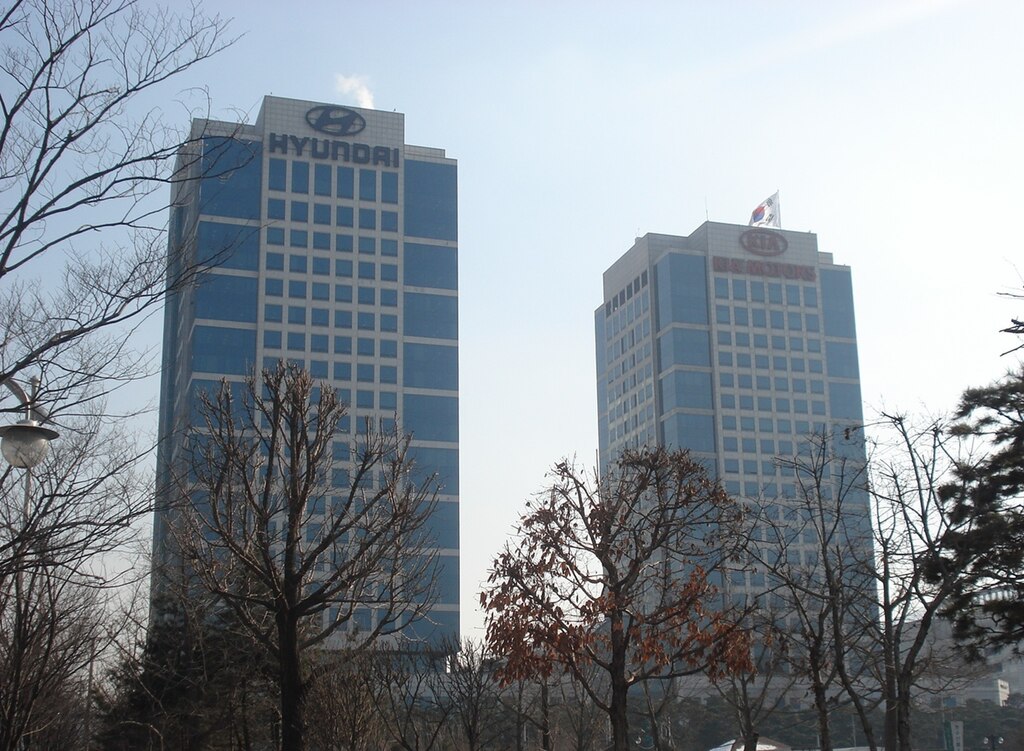South Korea has announced a sweeping emergency package to support its auto industry in response to U.S. President Donald Trump’s 25% tariff on imported cars and light trucks, set to begin Thursday. The tariff affects over $460 billion in annual imports and is expected to significantly impact South Korean automakers, who rely heavily on exports to the U.S.—$34.7 billion in 2024 alone, or 49% of their total.
To mitigate the fallout, the South Korean government will increase policy financing for automakers to 15 trillion won ($10.18 billion) in 2025, up from 13 trillion won. It will also reduce automobile purchase taxes from 5% to 3.5% until June 2025 and expand electric vehicle (EV) subsidies to 30%-80% of sticker prices, extended through year-end.
Officials acknowledged the nation’s limited local production in the U.S. puts it at a disadvantage compared to other countries, warning of "significant" damage to auto and parts manufacturers. However, specific financial estimates remain uncertain.
South Korea pledged to negotiate with the U.S. to prevent unequal treatment and will boost efforts to expand auto exports to the Global South, including Latin America, Africa, and Asia.
Hyundai Motor, whose U.S. market is its largest revenue source, recently committed to keeping prices steady for two months and reiterated it has no plans to increase prices despite the tariff. This comes after the company’s $21 billion U.S. investment announced in March.
Analysts suggest Trump may use the aggressive tariff approach to prompt faster negotiations. While all vehicle supply chains will be affected, the EV sector may face greater challenges due to its reliance on Chinese parts.



 Russian Stocks End Mixed as MOEX Index Closes Flat Amid Commodity Strength
Russian Stocks End Mixed as MOEX Index Closes Flat Amid Commodity Strength  Global Markets Slide as AI, Crypto, and Precious Metals Face Heightened Volatility
Global Markets Slide as AI, Crypto, and Precious Metals Face Heightened Volatility  Trump Signs Executive Order Threatening 25% Tariffs on Countries Trading With Iran
Trump Signs Executive Order Threatening 25% Tariffs on Countries Trading With Iran  Silver Prices Plunge in Asian Trade as Dollar Strength Triggers Fresh Precious Metals Sell-Off
Silver Prices Plunge in Asian Trade as Dollar Strength Triggers Fresh Precious Metals Sell-Off  South Africa Eyes ECB Repo Lines as Inflation Eases and Rate Cuts Loom
South Africa Eyes ECB Repo Lines as Inflation Eases and Rate Cuts Loom  Federal Judge Restores Funding for Gateway Rail Tunnel Project
Federal Judge Restores Funding for Gateway Rail Tunnel Project  Trump Backs Nexstar–Tegna Merger Amid Shifting U.S. Media Landscape
Trump Backs Nexstar–Tegna Merger Amid Shifting U.S. Media Landscape  RBI Holds Repo Rate at 5.25% as India’s Growth Outlook Strengthens After U.S. Trade Deal
RBI Holds Repo Rate at 5.25% as India’s Growth Outlook Strengthens After U.S. Trade Deal  Dollar Steadies Ahead of ECB and BoE Decisions as Markets Turn Risk-Off
Dollar Steadies Ahead of ECB and BoE Decisions as Markets Turn Risk-Off  Trump Allows Commercial Fishing in Protected New England Waters
Trump Allows Commercial Fishing in Protected New England Waters  Japanese Pharmaceutical Stocks Slide as TrumpRx.gov Launch Sparks Market Concerns
Japanese Pharmaceutical Stocks Slide as TrumpRx.gov Launch Sparks Market Concerns  Nighttime Shelling Causes Serious Damage in Russia’s Belgorod Region Near Ukraine Border
Nighttime Shelling Causes Serious Damage in Russia’s Belgorod Region Near Ukraine Border  Jack Lang Resigns as Head of Arab World Institute Amid Epstein Controversy
Jack Lang Resigns as Head of Arab World Institute Amid Epstein Controversy  Oil Prices Slide on US-Iran Talks, Dollar Strength and Profit-Taking Pressure
Oil Prices Slide on US-Iran Talks, Dollar Strength and Profit-Taking Pressure  Trump Endorses Japan’s Sanae Takaichi Ahead of Crucial Election Amid Market and China Tensions
Trump Endorses Japan’s Sanae Takaichi Ahead of Crucial Election Amid Market and China Tensions  U.S. Announces Additional $6 Million in Humanitarian Aid to Cuba Amid Oil Sanctions and Fuel Shortages
U.S. Announces Additional $6 Million in Humanitarian Aid to Cuba Amid Oil Sanctions and Fuel Shortages  China Extends Gold Buying Streak as Reserves Surge Despite Volatile Prices
China Extends Gold Buying Streak as Reserves Surge Despite Volatile Prices 































